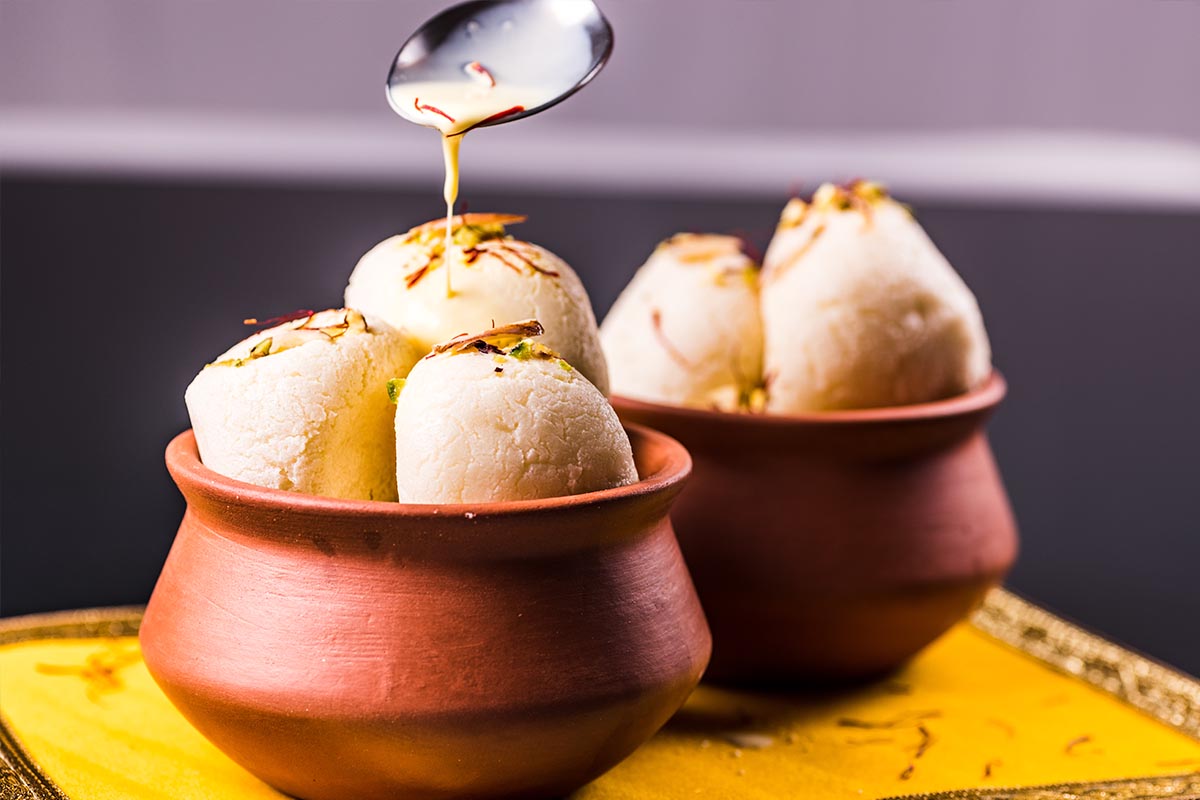The peculiarities of the Bengali are many, and each one is unique, writes Ranjona Banerji
Hello to all you Non-Bengalis out there from the people of the “ro-sho-go-llo”. Now don’t feel bad. That’s just how we see you. The rest of the human race and us. Bengalis.
This rule applies, no matter what shape and size we may come in. All right, all right. Many of us are the same shape and size. It could be the fault of the ro-sho-go-llos which we supposedly bhalo-bashee. Or it could be the controversial and mandatory alu in the mutton biryani.
You may one day, at your own peril, meet a bespectacled man who speaks in a fruity fake British accent touched with some rounded vowels or bhowels. He knows everything and lets you know it. Has written a few books or one or none and pretends he has anyway and will make sure that you know. Every now and then he will quote some poem in a declamatory manner. WH Auden or WB Yeats. Or Bertolt Brecht, who is actually a Bengali though he himself may not have known it. This gent probably owns a dressing gown. You do not want to know about that.
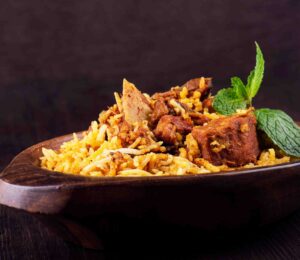
Even more frightening is the Bengali temptress. I learnt about these creatures recently from social media, and I hear they are rampant and very dangerous. They are a cross between a Siren from Homer’s Odysseus (I am a Bengali myself, therefore some mild if unnecessary showing off is par for the course) and the ghost-witch churail from Indian mythology and stories to frighten children. And as it happens, Non-Bengali North Indian men. They are terrified of these Bengali women who have special powers to enslave them. I guess these men never grew up from children’s stories. This is another important characteristic of the Bengali: to make derogatory remarks about Non-Bengalis.
It only gets worse. Woe betide (archaic English phrases: very Bengali) any Non-Bengali who dares to criticise the alu in Calcutta biryani. This is a staple of this mutton-and-rice delicacy. Many parts of India have their own version and good luck to them. I mean they are edible, some can be delicious, but they do not compare. There are many stories about this biryani with its potatoes (and boiled eggs), Wajid Ali Shah’s exile to Garden Reach outside Calcutta, some budgetary problems, a creative chef, whatever. Make up your own. The alu’s ours and it’s staying. Smug in its superiority. Delicious in its denseness.
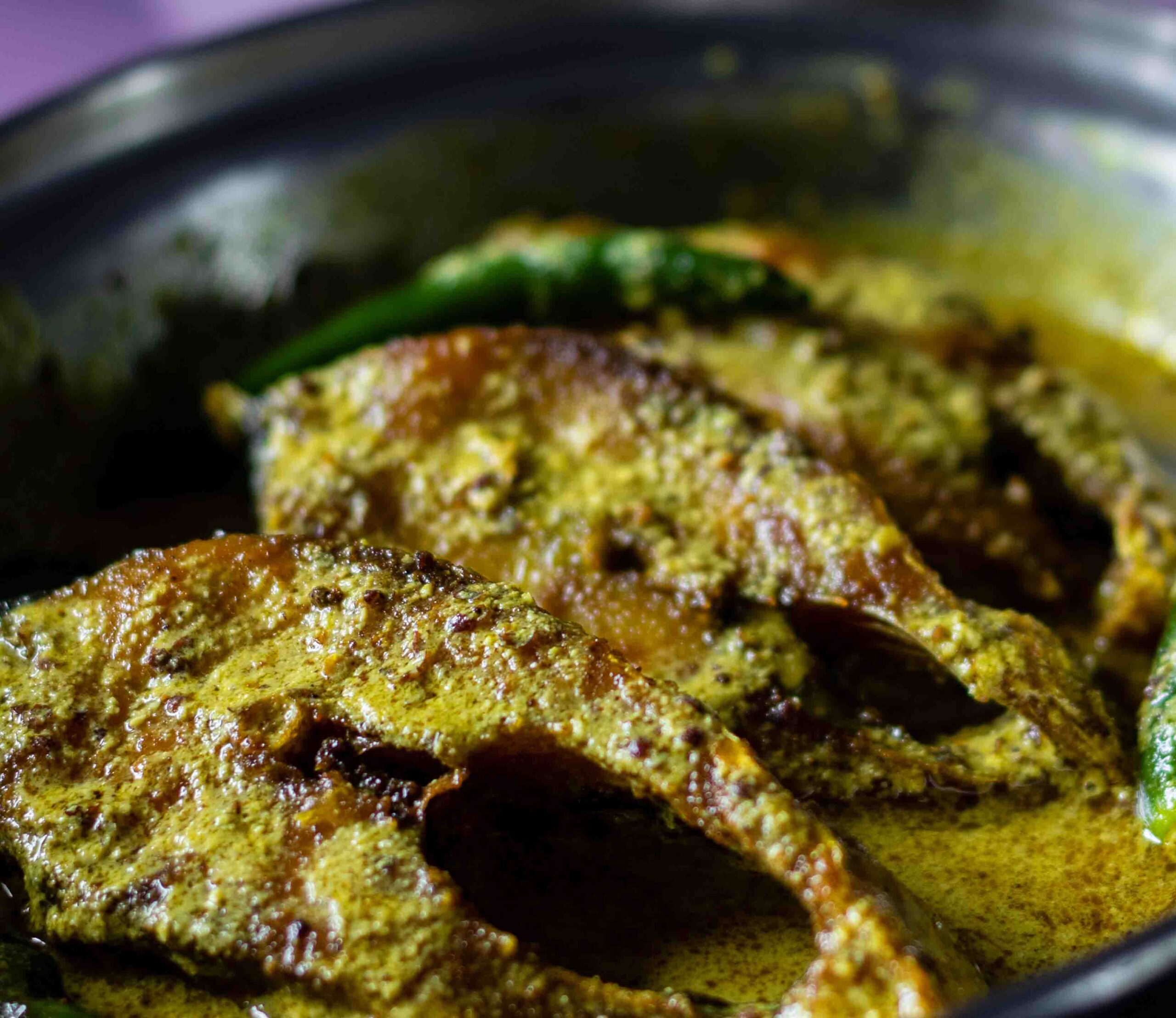
You eat fish and rice, no? We are also the same. Most Bengalis will smile magnanimously when they hear a Non-Bengali make this remark. No, actually. There is no one like us. Not even mighty Kerala, with whom we also have Communism in common although no one knows how much Communism is left in Bengal… Our fish and rice is our fish and rice. It’s everywhere. It cuts across caste and religion. The fights which are inevitable will break out over recipes, the exact composition of panch phoron or whether fish should be lightly fried or left raw before being added to the gravy and so on. And whether this fish is better with that recipe. Our vegetarian dishes are also enhanced by fish and crustaceans. The order in which we eat is of paramount importance – bitter, fry, dal, veg, veg plus (not veg), fish, meat, tart, sweet (ro-sho-go-llo or preferably not). No mess on a plate for us. Wars can also break out over this.
Wars can break out over anything. That old joke about if you have a group of five Bengalis you will soon have three political parties is definitely true. So, while all Bengalis might be secret Commie-inspired jhola-bag carrying revolutionaries, a lot depends on what kind of Commie revolutionaries they are. Marx, Marx and Lenin, Marx, Lenin and Stalin, no Marx only Stalin, Lenin and Stalin, none of the three, Trotsky alone, Trotsky’s gardener, Fidel Castro, none of the above. There could be parties, fronts, blocs, blocks, and all these will be implacable enemies. All Commies, all highly intellectual (ahem) and all on different sides of the Left field.
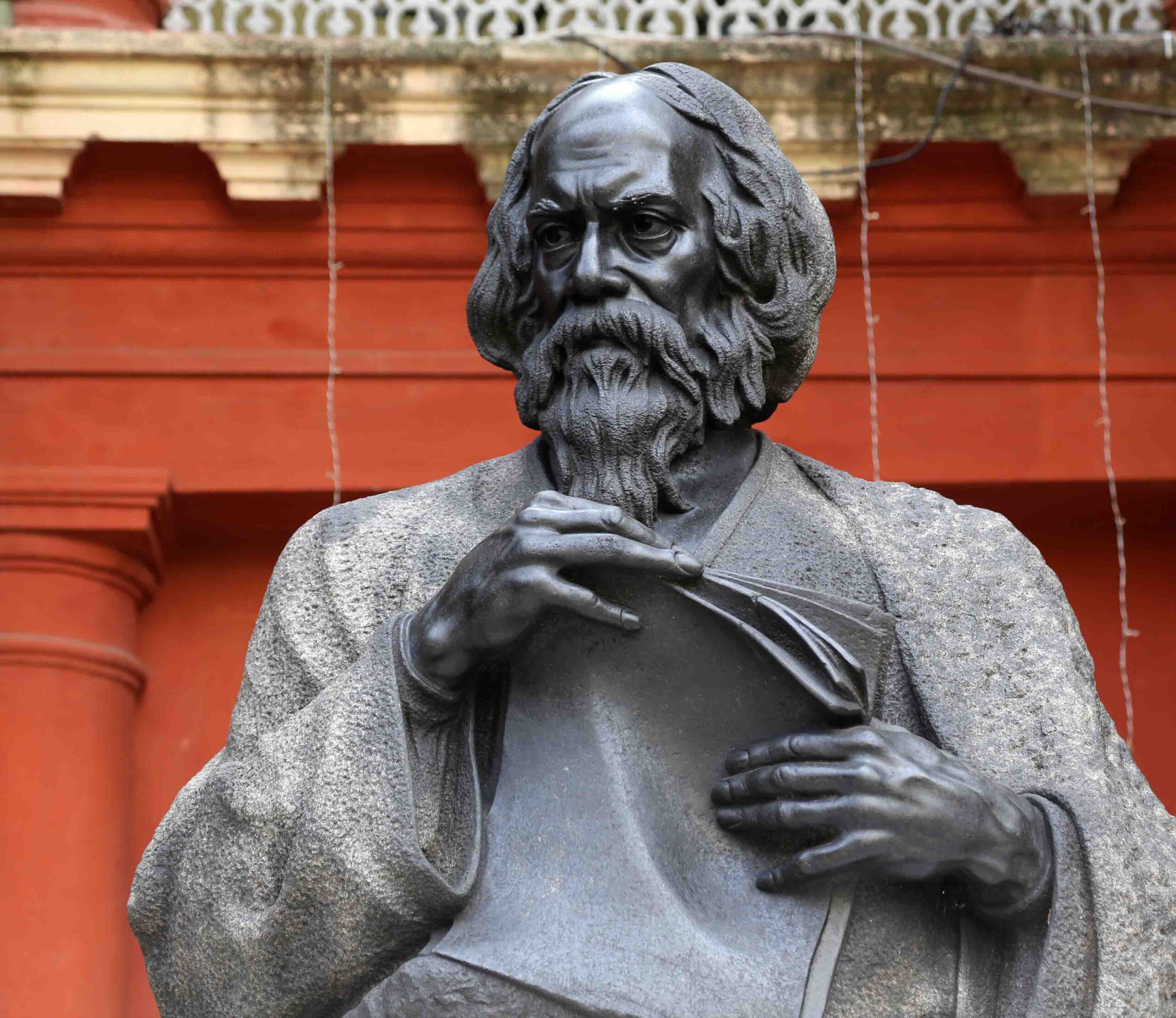
The Bengali trump card is, you know it, kalchaar. We have more kalchaar than anyone else, sometimes more than everyone else put together. We are supremely clever with our “culture”. Many parts of the rest of India have classical traditions in music and dance and language far older and of higher levels than in Bengal. Heh. But no one
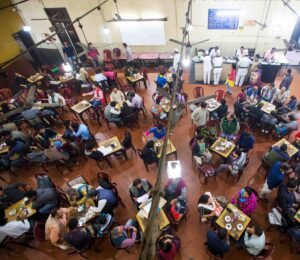
has marketed the idea of being cultured better than Bengal. Art and arty, that’s how the Non-Bengali world sees us. And who are we to complain? Just hide the uncultured goons when anyone comes to visit and pull out the artistic hand gestures, handloom silk saris and flowing dhotis, no?
But we have one secret weapon that completely determines our Bengaliness. And separates the Non-Bengalis from us. Many may lay claim and share in his vision and talent and generosity. But he belongs to us. You know who I mean. Rabindranath Tagore. Beat that! Have another ro-sho-go-llo on me!



